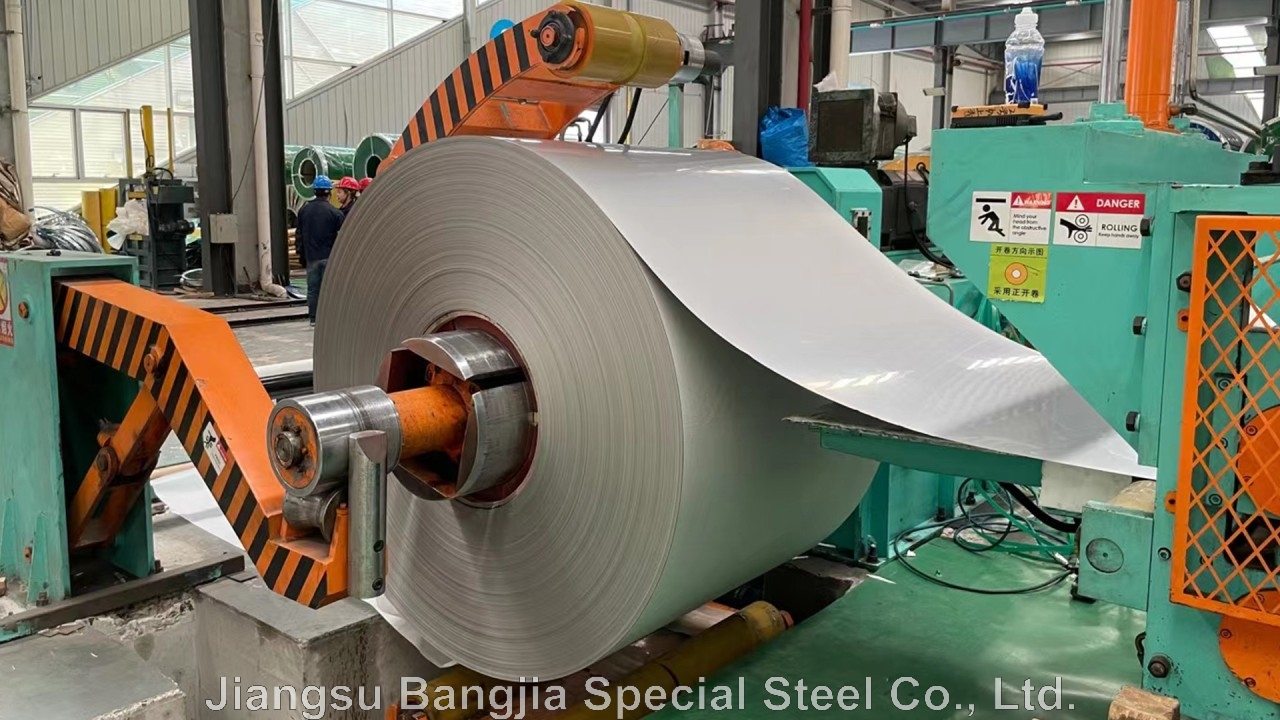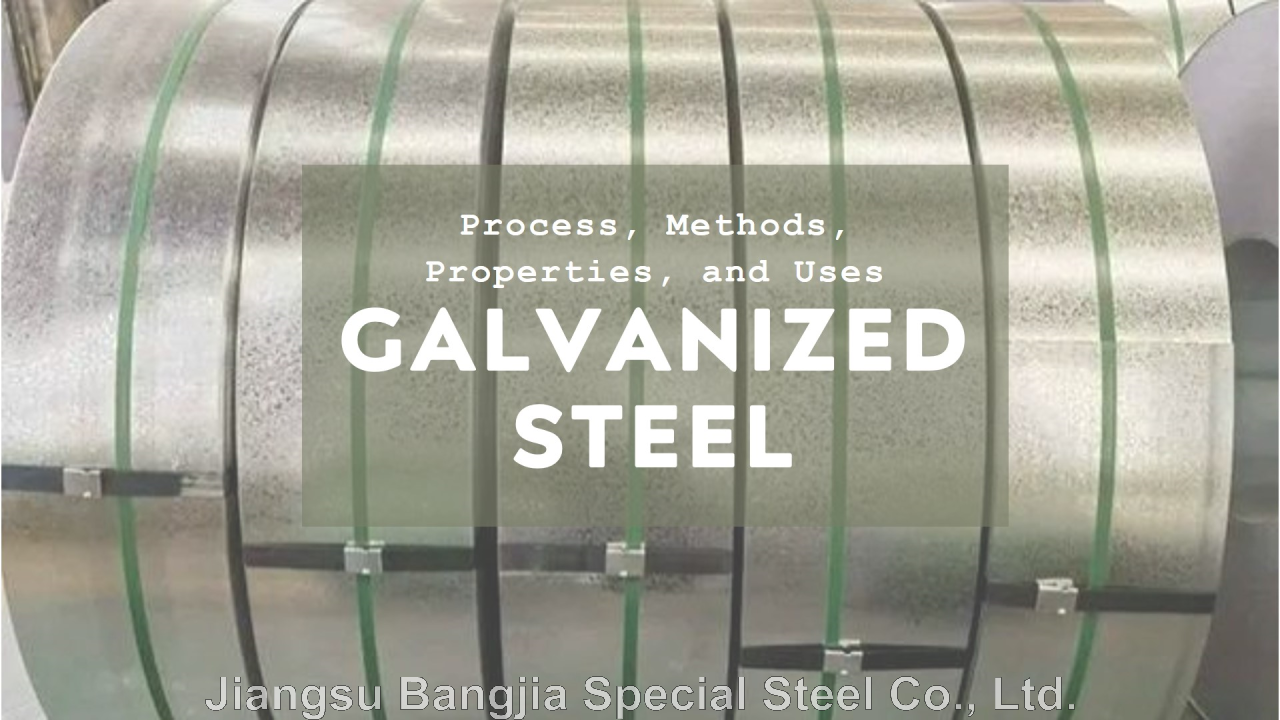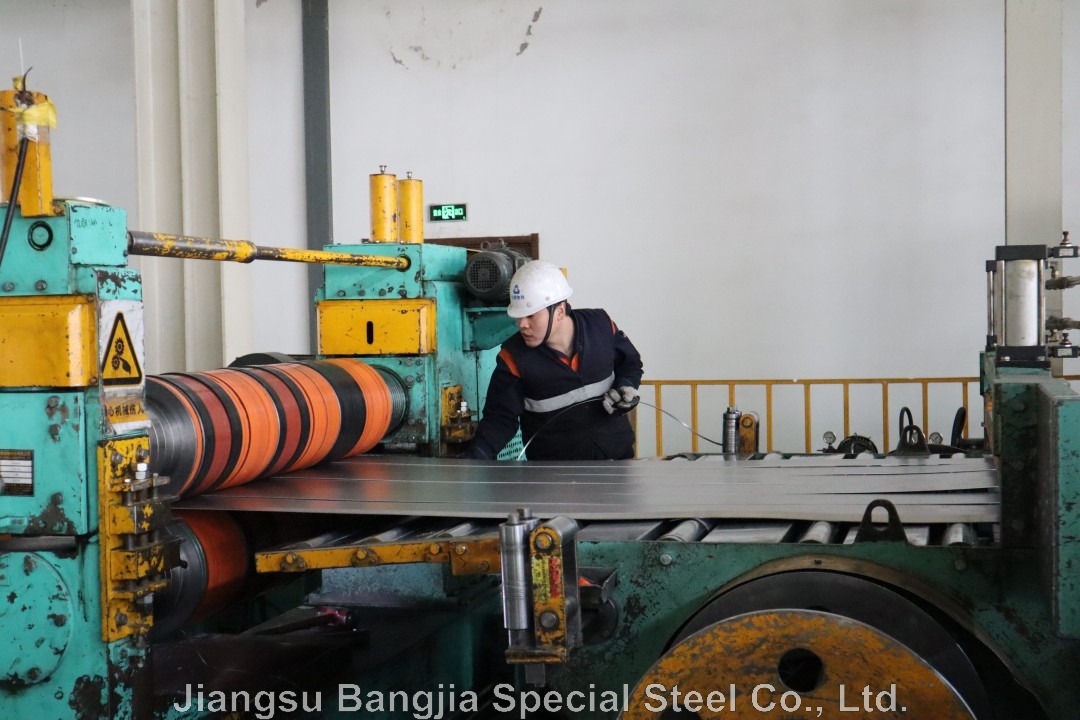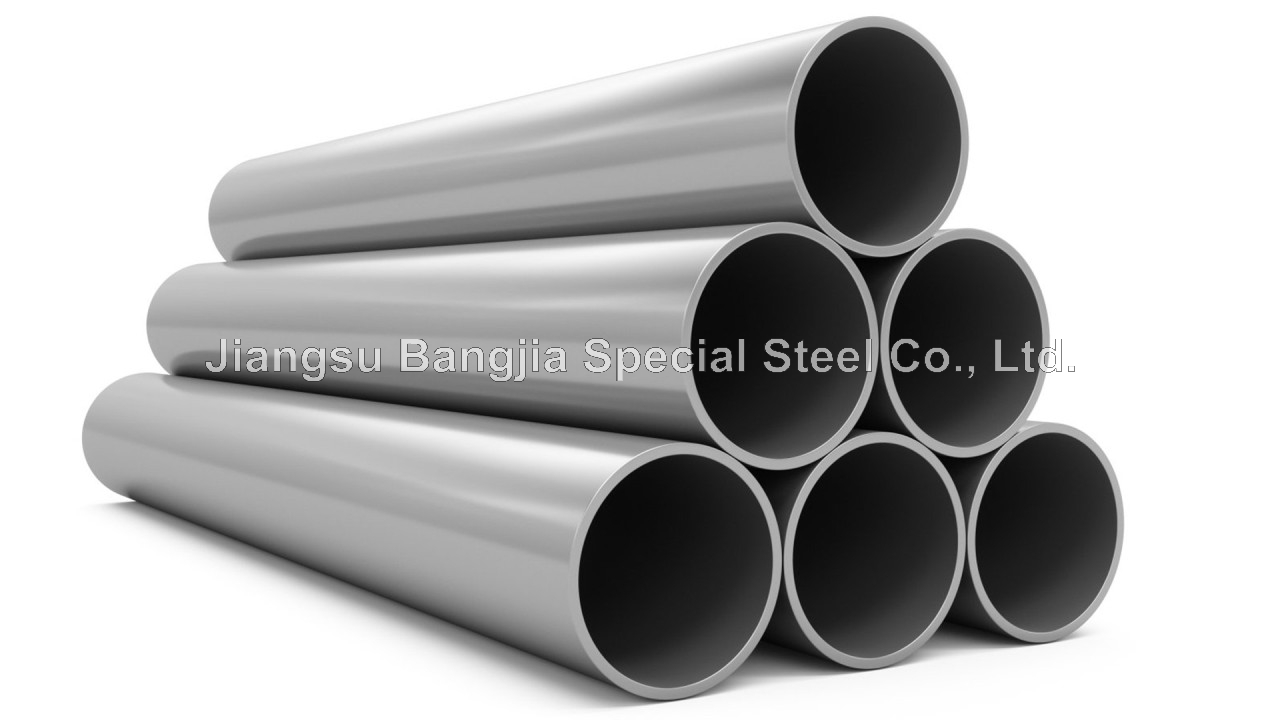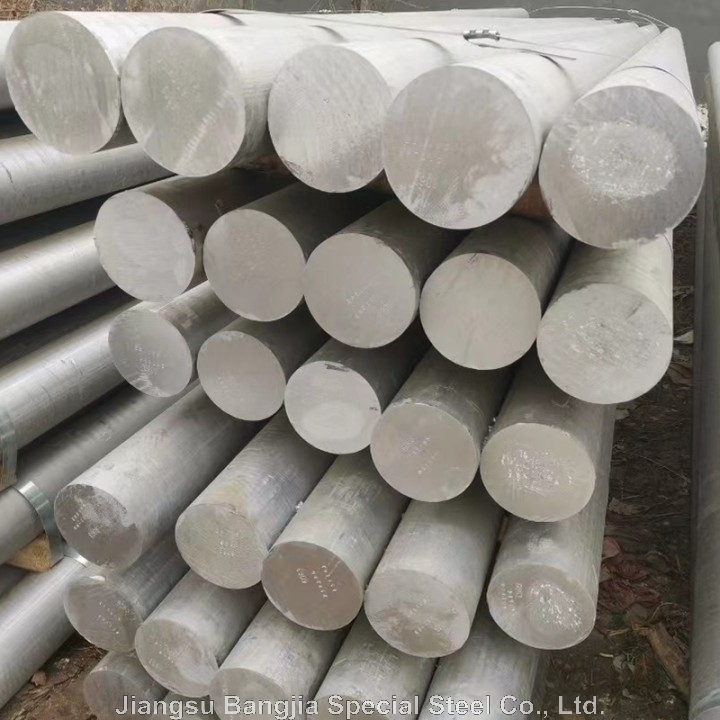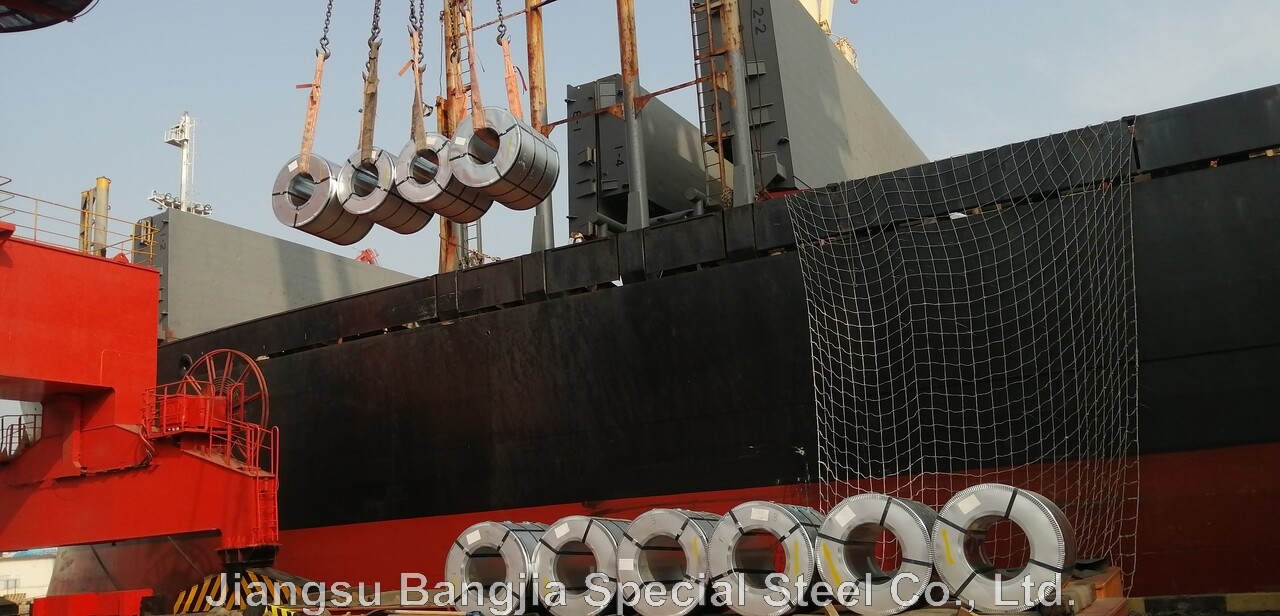
The Chinese government strictly investigate the export of steel products with buying export license documentation for custom clearance to evade taxes. Some steel traders have been fined over ten million yuan.
China's steel exports reached a seven-year high this year with more going to Southeast Asia.

Low-price exports have led to instances of tax evasion behaviour.
Buying export license documentation for custom clearance is a method of export in which some enterprises or individuals without export rights purchase a set of legal export declaration documents from other import and export companies with operating rights, in order to export goods and declare them to customs.
Buying export license documentation for custom clearance applies to:
1. Exporters do not have export rights;
2. Small quantity or value of #goods;
3. The product tax rate is not high and there is no demand for tax refund; 4. Low or zero tax refund rate, high invoicing costs;
5. The factory is unable to issue value-added tax invoices, and is unable to declare and refund taxes normally.
In general, buying export license is considered a grey industry and is tacitly approved by the government as a means of encouraging exports. However, this has led to the emergence of different payment models, including those that do not involve tax refunds and those that fraudulently issue invoices to obtain national tax refunds. Consequently, there has been a curious phenomenon where the paying company is able to export and even refund the money.
Since 2021, following the abolition of most steel tax refunds in China, the entire steel market has undergone a significant shift from a period of prosperity to a period of decline. This has led to a shift in global procurement, with a reduction in the concentration of purchases in China and an increase in purchases from countries such as India and Southeast Asia. The export of steel is becoming increasingly challenging.
For many years, export payments have been a common occurrence in China. However, this situation has become increasingly problematic since the end of 2022. The quantity of goods exported overseas is constantly increasing, yet they cannot flow into mainstream formal factories. The current system of export payments is stifling legitimate business, and no enterprise can be compared to those sellers who evade taxes.
Following the complete cancellation of export tax rebates for all types of steel by the country in 2021, exporters no longer require the submission of export tax rebates from upstream invoices and export documents to the tax department. Foreign receiving merchants are not required to issue invoices to domestic exporters, resulting in domestic exporters holding "goods that do not require invoicing". This part of the "invoices that do not need to be issued" can be issued to downstream users who only require input invoices and do not require the goods.
Downstream users can use low prices to purchase value-added tax invoices for input tax deduction, without actually purchasing steel. As a result, the entire industry chain was pleased with the outcome, with each party profiting to some extent. Exporters benefited from selling tax invoices, while downstream users who purchased invoices but did not purchase goods benefited from input tax deductions. Foreign receiving merchants also benefited from purchasing goods at a low price. However, our country suffered losses in taxation.
Chat Online
By clicking 'Allow All', you agree to the storage of cookies on your device to enhance site navigation, analyze site usage and assist with our marketing efforts. Coo Cookie Notice

